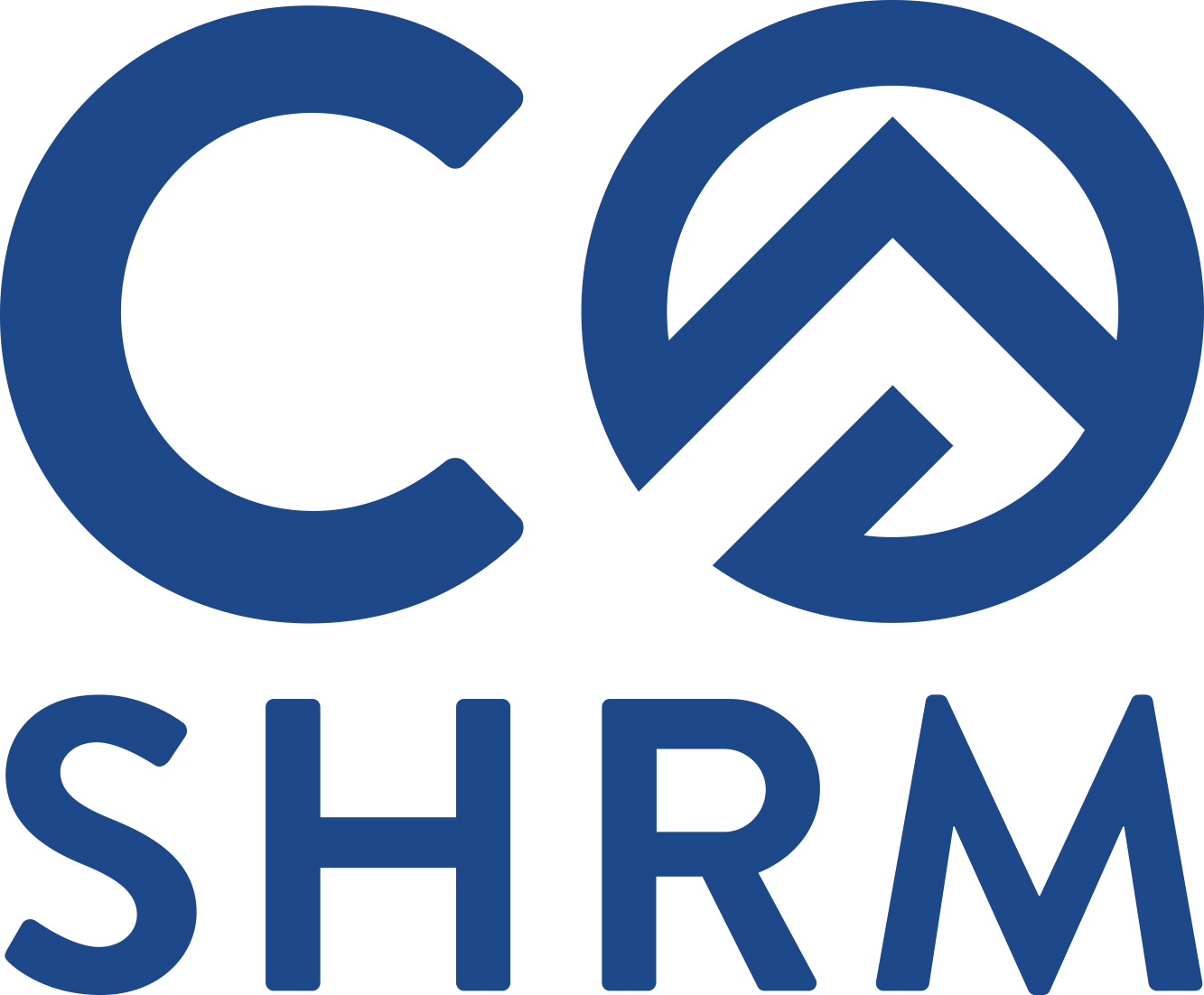Colorado’s Requirements for Job Postings Outside of Employer’s Organization
By Colin A. Walker, Fairfield and Woods, P.C.
 Colorado’s pay equity law, the Equal Pay for Equal Work Act, was passed by the legislature two years ago, but just went into effect January 1 of this year. The Colorado Department of Labor and Employment (CDLE) has issued rules on the “pay transparency” provisions of the law (the “Equal Pay Transparency Rules”). These rules shed light on some of the more confusing provisions of the law, including the requirements for job postings outside of an employer’s organization, but leave other questions unanswered.
Colorado’s pay equity law, the Equal Pay for Equal Work Act, was passed by the legislature two years ago, but just went into effect January 1 of this year. The Colorado Department of Labor and Employment (CDLE) has issued rules on the “pay transparency” provisions of the law (the “Equal Pay Transparency Rules”). These rules shed light on some of the more confusing provisions of the law, including the requirements for job postings outside of an employer’s organization, but leave other questions unanswered.
The law requires employers to make reasonable efforts to announce or post “promotional opportunities” to all employees of the organization, subject to certain limited exceptions. However, it also imposes requirements regarding certain postings outside of the employer’s organization. All “job postings” must include the hourly rate or salary to be paid, or a range of thereof, a description of benefits, and a description of all other compensation, such as bonuses and commissions. Therefore, when a Colorado employer posts a job on platforms such as LinkedIn or the employer’s website, it must include this information in the posting. Any internal announcement or posting of a promotional opportunity must also include the job title, description of salary and benefits, and the means by which employees may apply for the position.
Employers should note that, while they are required to announce promotional opportunities to their employees, they are not required to post jobs externally. If they do post externally, however, the posting must include the information required by the statute, such as compensation range, benefits, etc.
Neither the statute nor the rules define “posting.” This leaves open questions such as whether a simple announcement that an employer is hiring, hiring for a certain position, looking for candidates with particular skills, or even a “help wanted” sign would constitute a job posting. In addition, would working with a recruiting firm implicate the job posting requirements? Do the posting requirements apply to oral announcements?
Another thorny issue is the geographic limit of the posting requirements. The rules state that the compensation posting requirements do not apply to jobs to be performed entirely outside of Colorado or postings entirely outside of Colorado. Therefore, if an employer runs an advertisement in a newspaper with a circulation entirely outside of Colorado, the posting requirements do not apply, even if the posting is for a job to be performed in Colorado. What about Internet postings (such as LinkedIn) which can be accessed within Colorado and outside of Colorado? Presumably, the requirements would apply to such postings, but not if the job is to be performed entirely outside of Colorado. The requirement of posting promotional opportunities to all employees does not apply to employees entirely outside of Colorado.
These issues and others are likely to lead to misunderstandings and disputes which may have to be resolved by the courts. One lawsuit challenging certain aspects of the Pay Transparency Rules has already been filed. Future rulemaking by the CDLE or amendments to the statute could also provide clarity.
Needless to say, this law is confusing and compliance will be challenging. Employers should review the law and regulations carefully and consult employment law counsel when recruiting.
Questions? Contact COSHRM's Legislative Director, Colin Walker.




